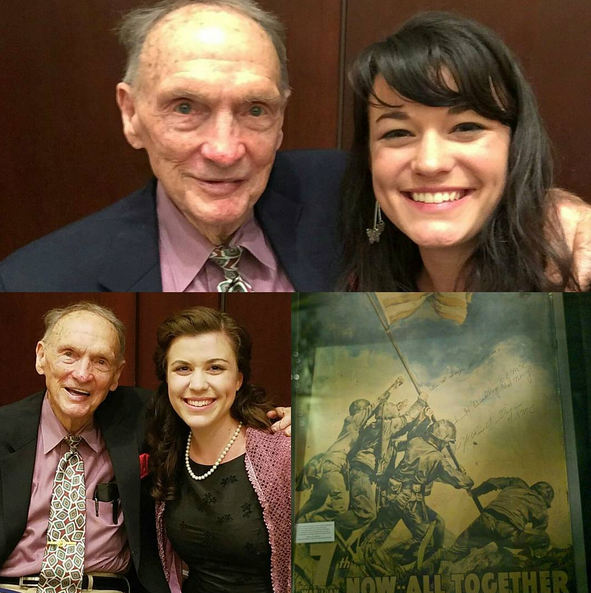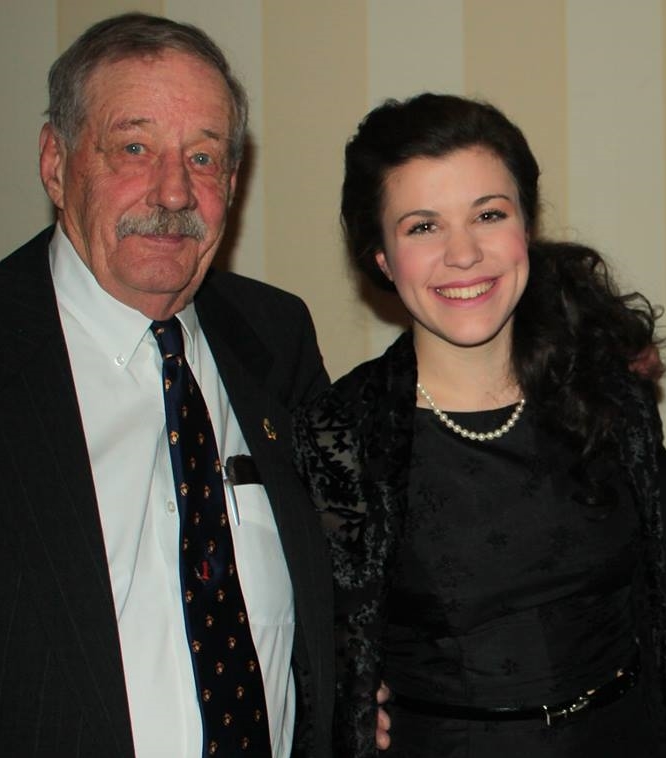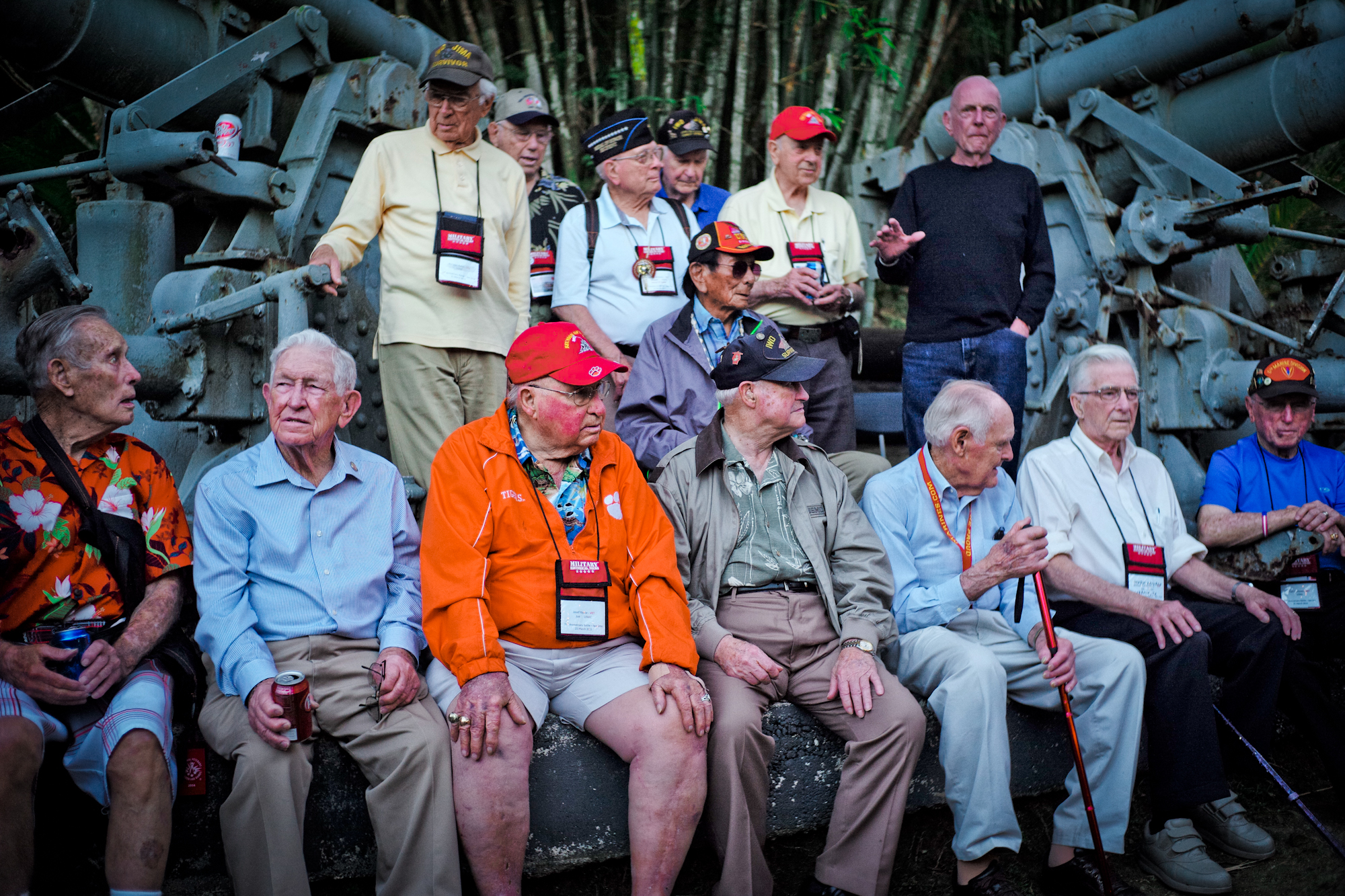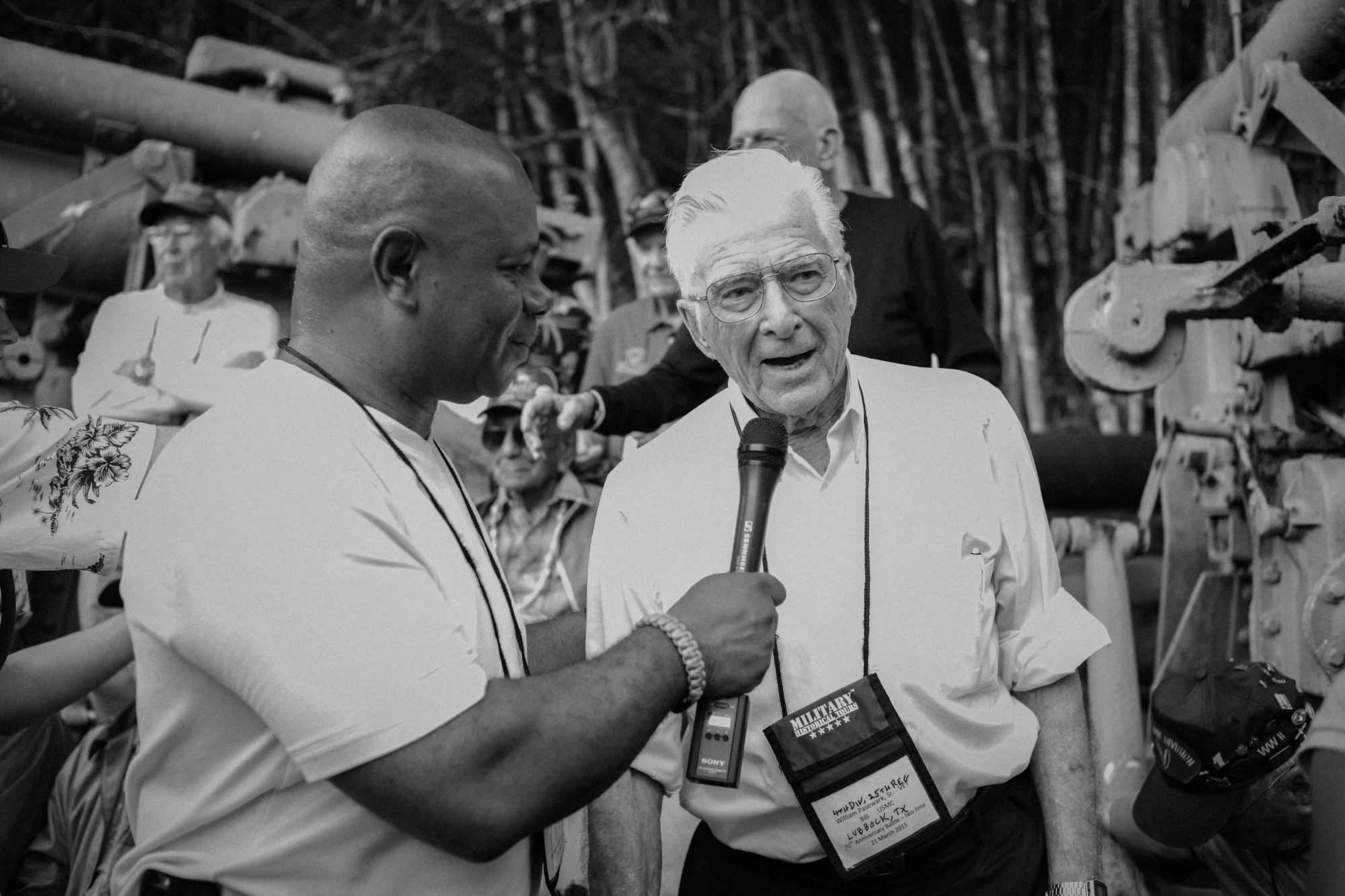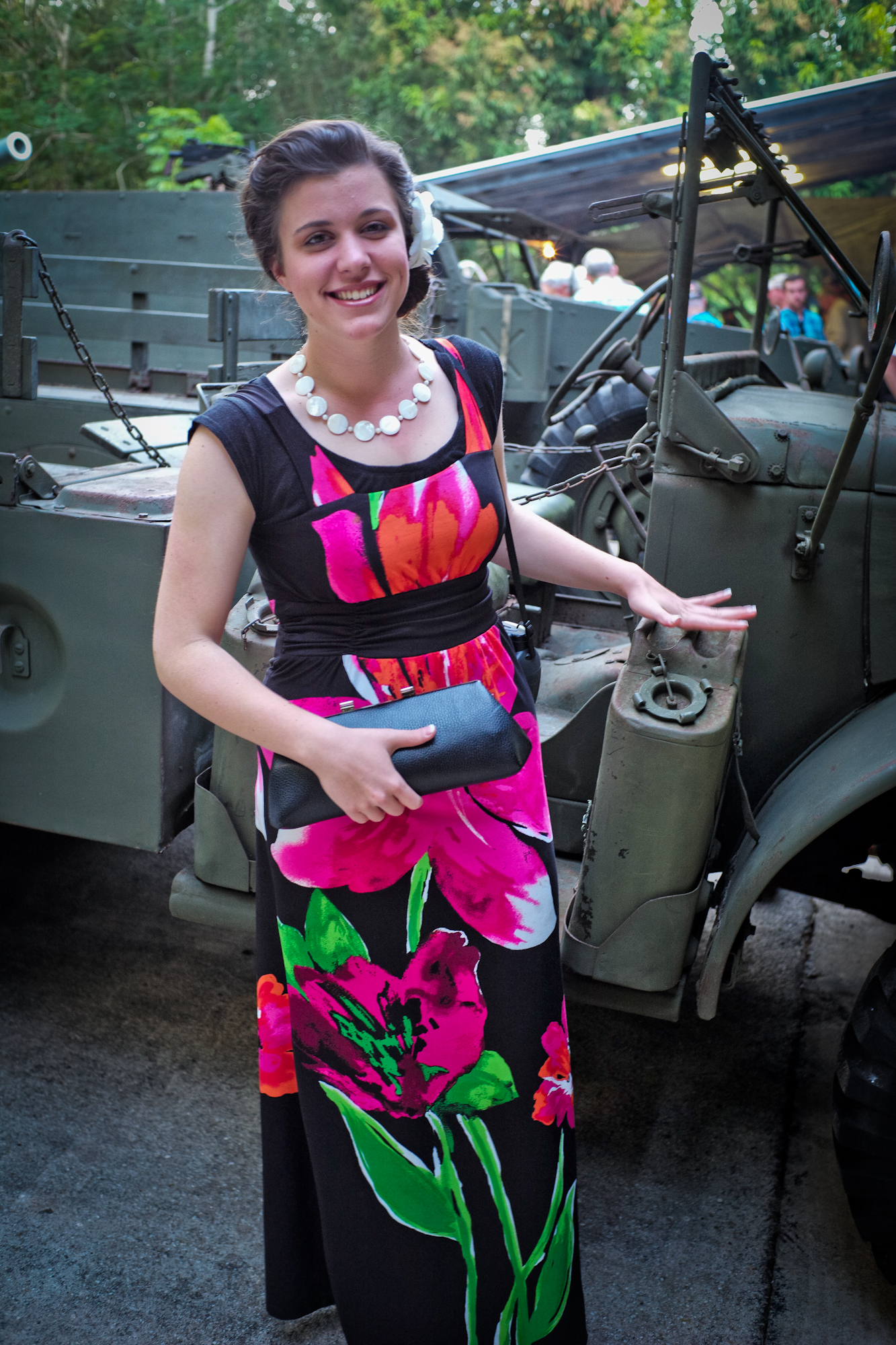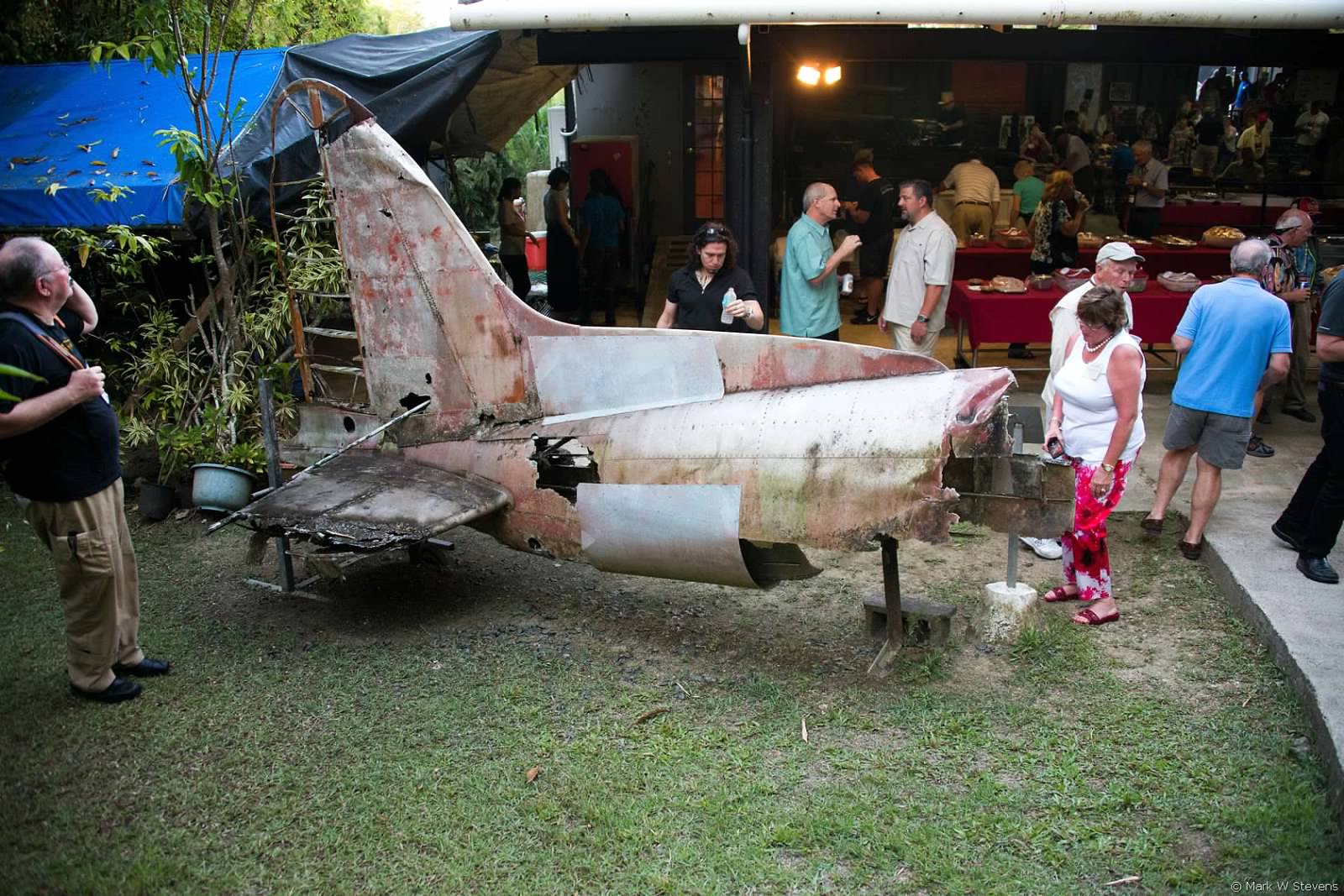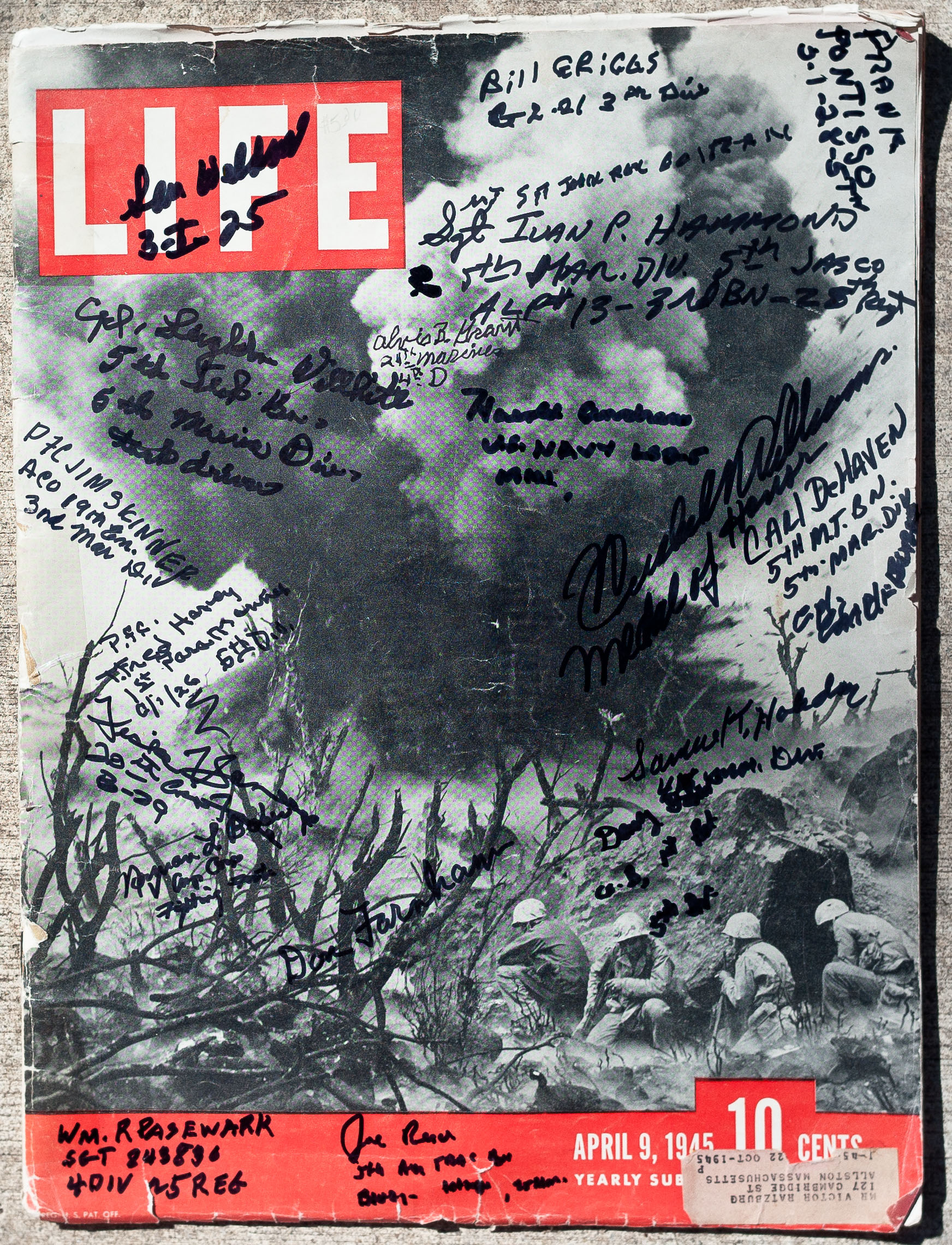"The Bombs Bursting in Air"
/Probably one of the most remarkable stories I heard at the Marine reunion in San Antonio (more on that later) was from Lt. Col. Tom Kalus, a 27-year Marine Corps veteran who not only fought on Iwo Jima, but was also one of the "Chosin Few" from the Battle of Chosin Reservoir. We just had the the 66th anniversary of this battle (Nov. 27 - Dec 13, 1950), so it seemed an appropriate time to share this story.
When I met Mr. Kalus, it was during the tour of the Nimitz Museum. I came up and introduced myself to him and we chatted for a few minutes. Then he gave me his card and on one side it stated his unit, 5th Division, 5th JASCO, etc... but on the flip side it also stated, 1st Marine Division... "One of the 'Chosin Few."' Now, there are three defining moments in the history of the Marine Corps: Belleau Wood (WWI), Iwo Jima (WWII), and the Chosin Reservoir (Korean War), and it is pretty rare to meet a Marine who took part in both the Battle of Iwo Jima and Chosin Reservoir. To date I have only met one other veteran like this, a 4th Marine Division guy with stories that are so unbelievable, it is truly a miracle he survived at all.
But getting back to the story... One of the last days of the reunion I was chatting with Mr. Kalus about his remarkable service in the Corps and naturally the subject turned to Iwo and Chosin. "Do you remember the lines in the National Anthem," he asked, "About the 'rockets red glare and bombs bursting in air? When I was on Iwo, about the 3rd or 4th night, the Japs gave us a real hard shelling. One of the wisecracks in my foxhole said, 'Hey look, it's like in the song with the bombs bursting in air.' I didn't pay much attention to him at the time, until one night at Chosin. The 7th Marines were bravely taking a hill and the Chinese were giving them everything they'd got. The sky was filled with explosions and fireworks. I remembered what the Marine said on Iwo, 'and the rockets red glare, the bombs bursting in air.' At that moment I realized that I was seeing what Francis Scott Key had seen when he wrote the Star Spangled Banner."
Oh goodness, if there was ever a story to put the chills on your arms. Mr. Kalus got teary-eyed as he finished by saying that he could never listen to the American Anthem again without thinking of those fearful nights at Iwo Jima and Chosin.
O say can you see, by the dawn's early light,
What so proudly we hailed at the twilight's last gleaming,
Whose broad stripes and bright stars through the perilous fight,
O'er the ramparts we watched, were so gallantly streaming?
And the rockets' red glare, the bombs bursting in air,
Gave proof through the night that our flag was still there;
O say does that star-spangled banner yet wave
O'er the land of the free and the home of the brave?









